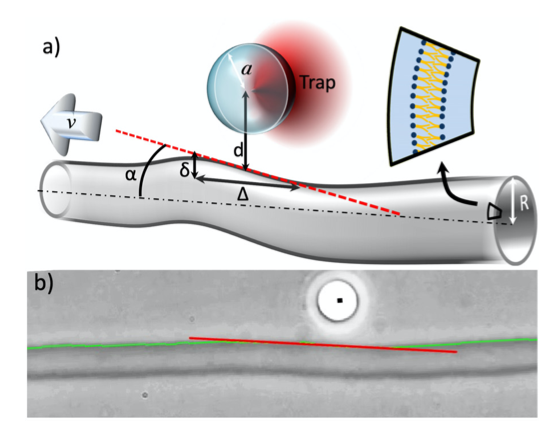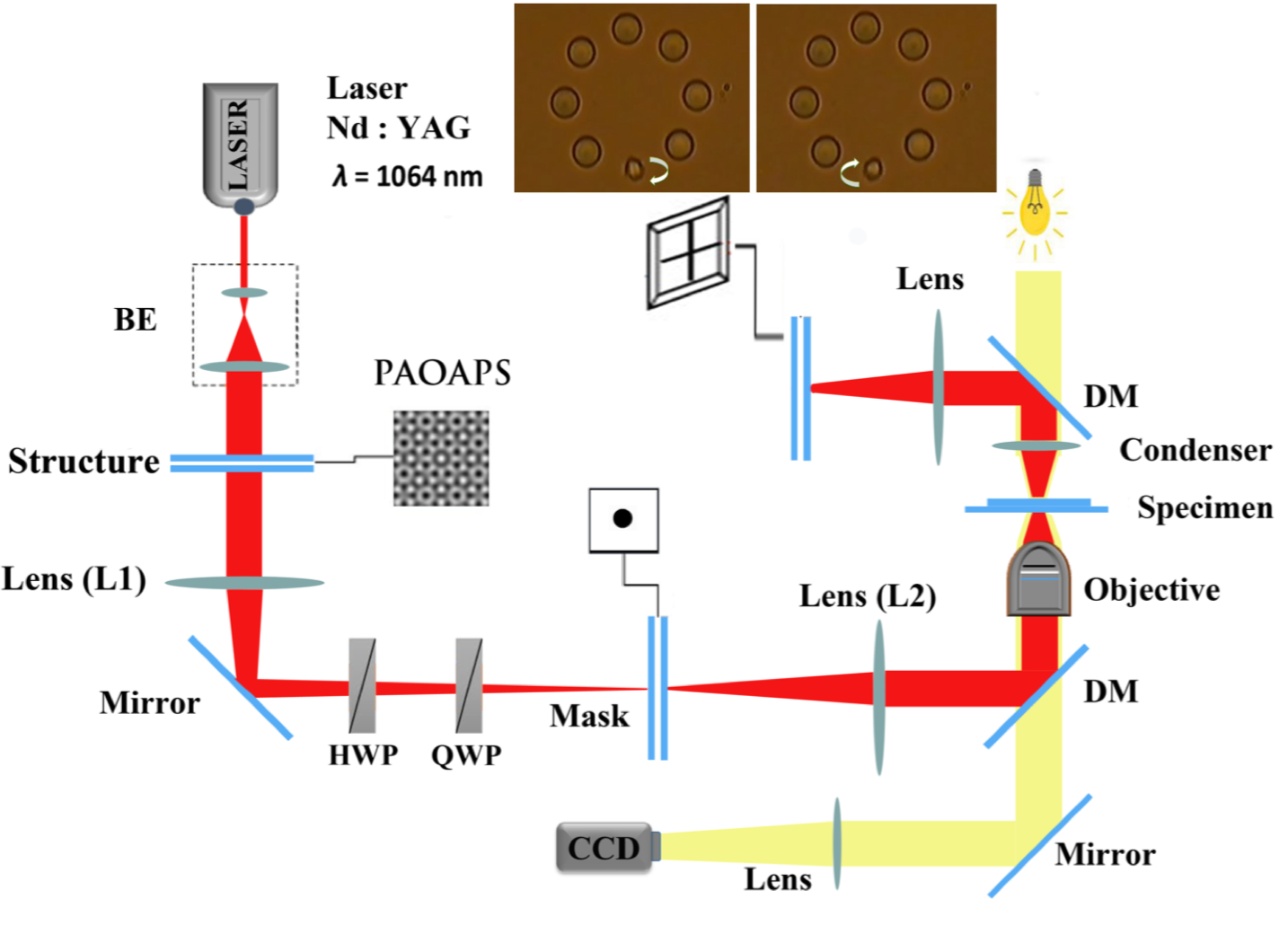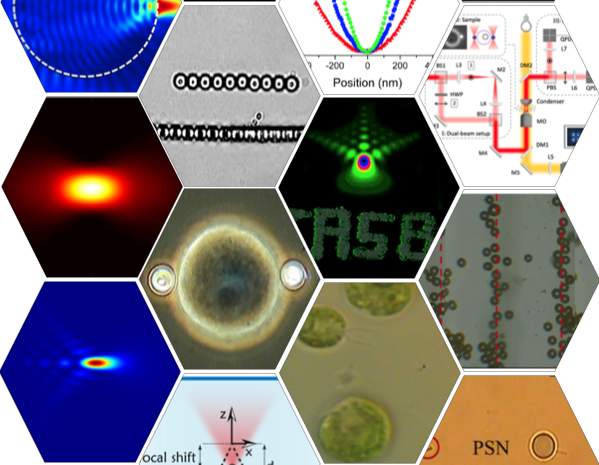

Most Recent Publications

Pressure sub-node formation by interparticle acoustic radiation forces
Mahdi Rameh, Ehsan A. Akhlaghi, and Faegheh Hajizadeh
Physics of Fluids
Doi: 10.1063/5.0251390
Normal deformation of a soft lipid-based microtube in response to the flow generated by a tangential motion of a nearby microbead
Mohammad Doostaran, Faegheh Hajizadeh, and Ali Najafi
Physics of Fluids
Doi: 10.1063/5.0215755
Three-dimensional optical multiple trapping using pure amplitude octagonal almost periodic structures
Pardis Yazdani Moghadam, Saifollah Rasouli, Faegheh Hajizadeh, and Davud Hebri
Optics Express
Doi: 10.1364/OE.507339
3D optical trapping by a tightly focused circular airy beam
Habib Moradi, Mahmoud Jabbarpour, Daryoush Abdollahpour, and Faegheh Hajizadeh
Optics Letters
Doi: 10.1364/OL.464052
Microsphere-coupled optical tweezers
Mohammad Hossein Khosravi, Vahid Shahabadi and Faegheh Hajizadeh
Optics Letters
Doi: 10.1364/OL.431271Ongoing Projects

Focus on enhancing techniques for trapping micrometer particles efficiently.
Investigate interactions near soft boundaries, viscoelastic properties, microswimmer dynamics under varying conditions, and the mechanics of biological cells.
Innovate and refine optical microscopy techniques for better imaging.
Explore various beam configurations to optimize optical trapping.